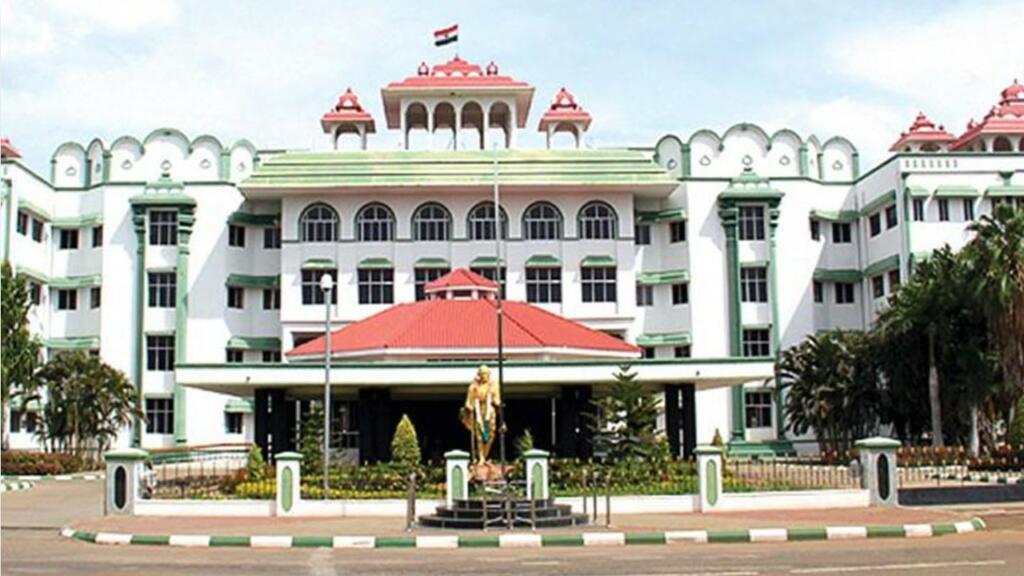Mariselvi case: We revere the legal system. Mainly because, time and again, it provides a sense of wisdom in this postmodern world. Still, time and again, we are forced to question the court’s wisdom in certain circumstances. For instance, in the case we are going to talk about, the pertinent question is why the court would reduce the sentence of a mother who burned her daughter.
Mariselvi case: Mother burns her daughter
In 2012, a girl named Mariselvi returned home after running away from the hostel. As any concerned parent would do, her mother chided her for the act. The girl, who had just entered her teenage years, retorted back at her mother with fierce verbal aggression.
The fight took an ugly turn, and in the heat of the moment, the mother poured kerosene on Mariselvi and burned her. The girl started crying, after which her father woke up and took her to the hospital. She survived, but 50 percent of her body was burned.
An FIR was registered against her mother. The lady was charged with attempted murder under Section 307 of the IPC. Section 307 states that if a person’s “normal wisdom” tells her that her act can cause death, whether the victim died or not, she can be imprisoned for up to ten years. Additionally, the legal system has to ensure that the woman intended to kill her daughter. This is where the Mariselvi case took an interesting turn.
Also read: NJAC and Collegium: The hidden truth
Life imprisonment by trial Court
During the legal procedure, Mariselvi stayed in the hospital for 4 months. She was discharged in July 2012 and later readmitted in the same month due to a lack of proper healing. She was discharged in August, but in September she had to return to the hospital. Ultimately, she died on October 1, 2012.
Now that the girl had died, the police changed the language of the FIR from attempt to murder to murder. Instead of Section 307, the mother is now charged under Section 302. Under Section 302, the death penalty and life imprisonment are the only two prescribed punishments.
Following the procedures outlined in Sections 207 and 313 of the Criminal Procedure Code, the trial court sentenced the convicted mother to life imprisonment and fine of Rs 5,000.
Also read: Oleum gas Case: Introduction of absolute liability in India
Mariselvi case before High Court
The matter ultimately reached the Madras High Court. There was no doubt that Mariselvi was killed by her mother. The only question that the High Court had to answer was whether the mother intentionally killed her daughter. To answer it, the High Court relied on two dying declarations by the child.
One was in front of the sub-inspector of police, and another was in front of the judicial magistrate. Her father’s statement about the chronology of events was also considered. In addition to that, the fact that before her death, Mariselvi showed signs of life and recovery also seems to have been taken into consideration.
High Court’s pronouncements
Based on these, the High Court asserted that the mother did not want to kill her. At the same time, one fact was clear; she had died of burn injuries caused by her mother. Therefore, the High Court held that the girl died due to an act by the mother.
This phenomenon is termed “culpable homicide not amounting to murder.” She is worthy of the blame, which she did not intend to take. There is a fine line between murder and culpable homicide not amounting to murder.
Also read: The real story of Lal Bihari immortalised by Pankaj Tripathi on Silver Screen
This line is based mainly on intention. Culpable homicide has been defined in Section 299 of the IPC. Mother was aware that setting fire to her children could kill her; thus, she committed culpable homicide. Mind you, this is not the same as murder since the mother had lost self-control. However, Section 300 of the IPC requires that the loss of self-control must have been caused by grave and sudden provocation.
That again takes us back to the reasoning of the court’s decision. The High Court has convicted her under Section 304(1) of the IPC, which prescribes the punishment of culpable homicide not amounting to murder. The court must have believed that the girl leaving her hostel was such a grave provocation that her mother might be provoked to burn her. That belies common sense, to be honest.
Support TFI:
Support us to strengthen the ‘Right’ ideology of cultural nationalism by purchasing the best quality garments from TFI-STORE.COM
